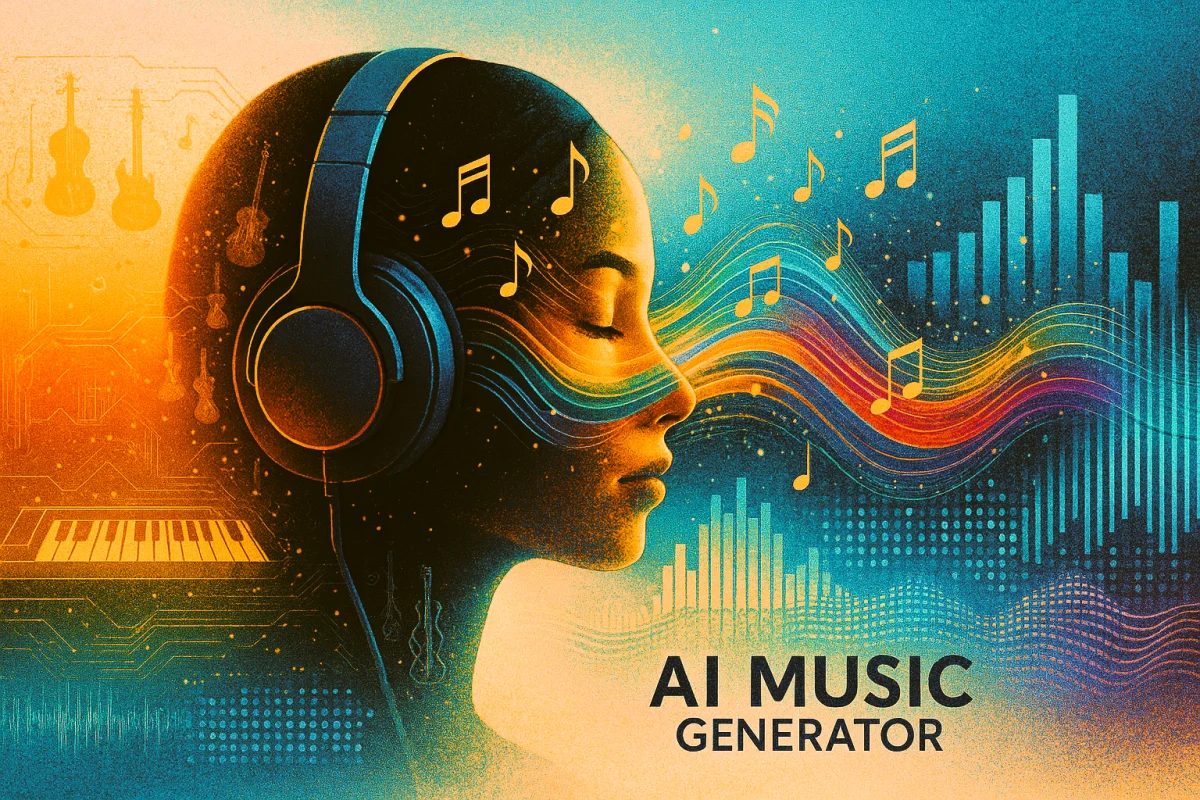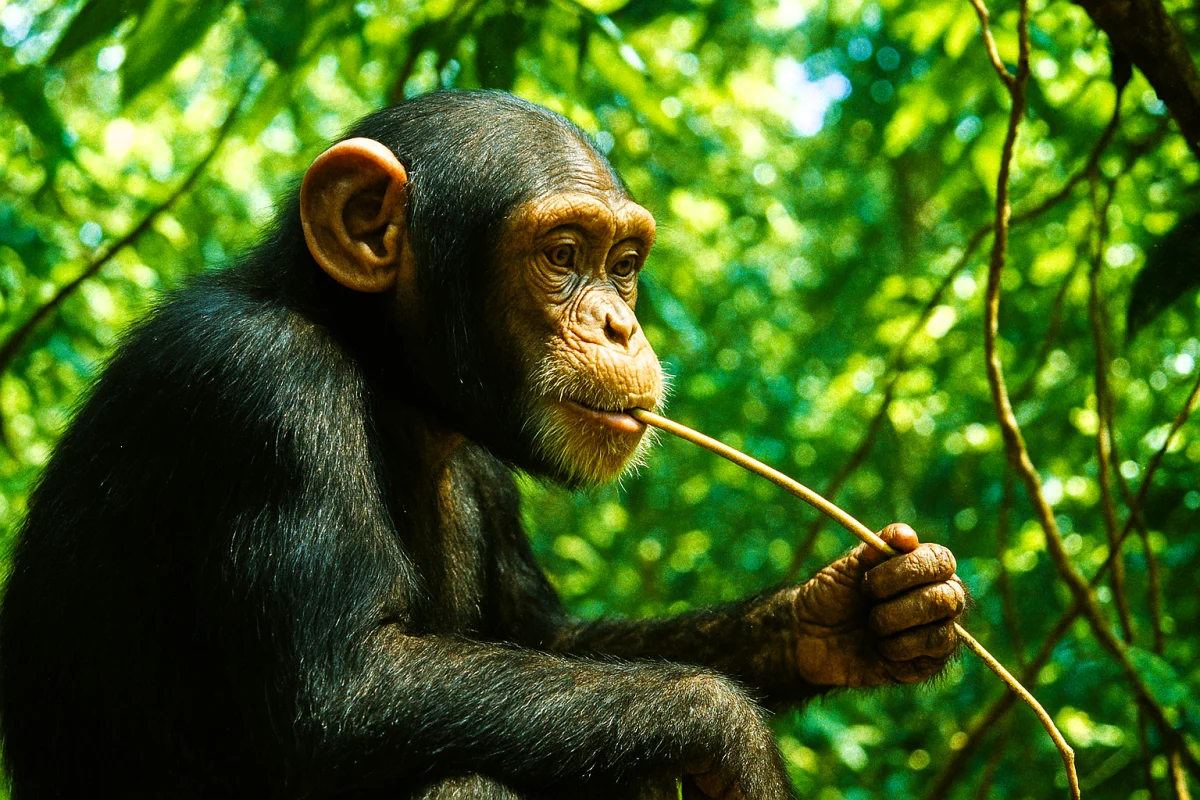How Does AI Music Generation Work?
Artificial Intelligence (AI) is rapidly transforming industries, and music is no exception. Today, it is possible to create compositions that rival the works of professional musicians. AI music generation is not only a technological breakthrough but also a cultural phenomenon reshaping our understanding of creativity.

How Does the Process Begin?
The core principle of AI music generation is data-driven learning. Algorithms analyze thousands of compositions, learning the patterns of melodies, harmonies, and rhythms. Based on this knowledge, the system begins generating new pieces, which can range from classical symphonies to modern pop hits.
The Technological Foundation
- Neural Networks — They study the structure of music, including notes and tempo;
- Generative Adversarial Networks (GANs) — Two AI models compete: one generates music, and the other evaluates its naturalness;
- Transformer Models — Advanced algorithms that create coherent melodies by analyzing context and sequence.
Applications of AI Music
- Film and Video Games — Automatic generation of unique soundtracks;
- Streaming — Platforms like Spotify and Apple Music use AI to provide personalized recommendations;
- Advertising — Brands turn to AI for quick and cost-effective music production;
- Education — Students learn music theory with the help of AI platforms.
Advantages
AI offers key advantages: speed, accessibility, and variety. What might take weeks for a human can be done in minutes by AI. Moreover, platforms such as AIVA and Amper Music enable non-professionals to create their own tracks with ease.
Challenges and Debates
Despite its benefits, AI music raises important questions. Who owns the copyright? Can AI-created music be considered “true art”? Some argue it merely simulates human creativity, while others believe it marks a new stage in musical innovation.
Future Perspectives
AI music generation will continue to evolve and improve. In the future, musicians and AI may collaborate to create entirely new genres. Personalized music — crafted for individual listeners — is also expected to become part of everyday life.
Conclusion
AI music generation is more than a technological tool; it is a creative revolution. It reshapes how we view music, inspires new generations, and proves that art knows no boundaries. However, ethical and legal frameworks must be considered to ensure that this innovation benefits society as a whole.
What do you think — will AI music become a competitor to human musicians, or their greatest creative partner?
✍ Article Author
- Registered: 26 July 2025, 15:34




 Silent Cat 🐾
Silent Cat 🐾